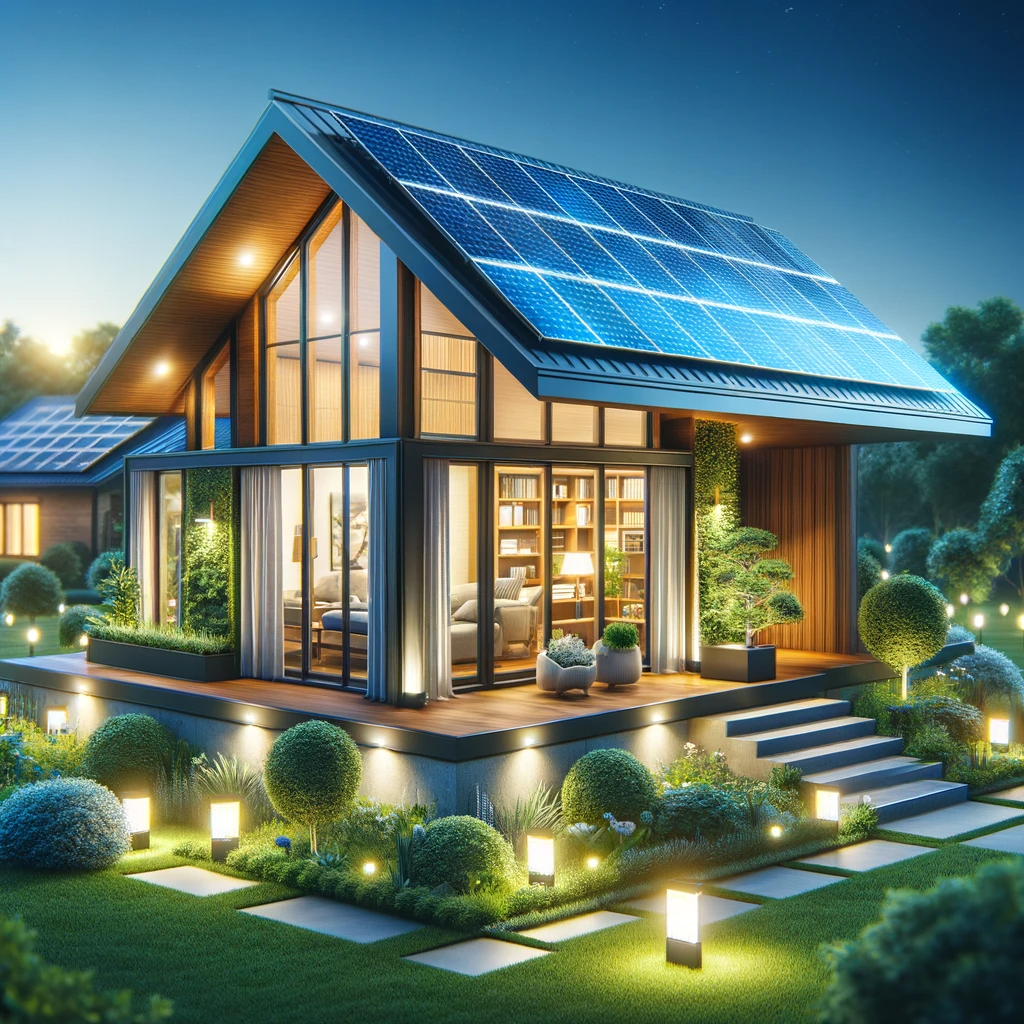The Link Between Air Filters and Energy Efficiency in Your Home

Energy efficiency in our homes is not just a matter of reducing bills; it’s also about environmental stewardship and personal comfort. One of the less obvious but significant players in this scenario is the humble air filter in your HVAC (Heating, Ventilation, and Air Conditioning) system. This blog post delves into the critical link between air filters and energy efficiency in your home.
Understanding the Role of Air Filters Air filters are essential components of HVAC systems, designed to trap dust, pollen, pet dander, and other airborne particles. Their primary function is to keep the air in your home clean and to protect the HVAC system from dust buildup. However, their impact goes far beyond just air quality.
Impact of Air Filters on Energy Efficiency
- Air Flow Efficiency: A clean air filter allows for smooth airflow through the HVAC system. When filters are clogged, the system must work harder to push air through, resulting in higher energy usage.
- System Longevity and Maintenance: Regular filter changes can reduce wear and tear on your HVAC system, ensuring it operates efficiently and lasts longer. This means less energy is used over time for heating and cooling your home.
- Temperature Regulation Consistency: A well-maintained HVAC system with a clean filter maintains consistent temperatures more efficiently, preventing energy wastage through constant thermostat adjustments.
Choosing the Right Air Filter for Energy Efficiency
- MERV Ratings: Filters are rated based on their Minimum Efficiency Reporting Value (MERV), which indicates how effectively they trap particles. While higher MERV ratings mean better filtration, they can also restrict airflow. It’s essential to find a balance that suits your system.
- HEPA Filters: High-Efficiency Particulate Air (HEPA) filters are extremely efficient. However, they may not be compatible with all HVAC systems due to their density.
- Filter Size and Type: Ensure that the filter fits properly and is suitable for your specific HVAC system.
Best Practices for Maximizing Energy Efficiency
- Regular Filter Replacement: Check filters monthly and replace them at least every three months. In homes with pets or high dust levels, more frequent changes may be necessary.
- System Maintenance: Regular HVAC maintenance, including professional check-ups, can ensure optimal performance and energy efficiency.
- Smart Thermostats: Pairing your HVAC system with a smart thermostat can further enhance energy efficiency.
The Environmental Angle Apart from the direct benefits to your home and HVAC system, using air filters effectively and responsibly contributes to broader environmental efforts. By reducing energy consumption, we can collectively lower our carbon footprint, contributing to a healthier planet.
The correlation between air filters and energy efficiency in your home is clear and impactful. By understanding this link and taking proactive steps in air filter maintenance, homeowners can enjoy not only improved air quality but also enhanced system efficiency, reduced energy costs, and a positive environmental impact. Remember, a small component like an air filter can make a big difference in your home’s energy efficiency profile.

